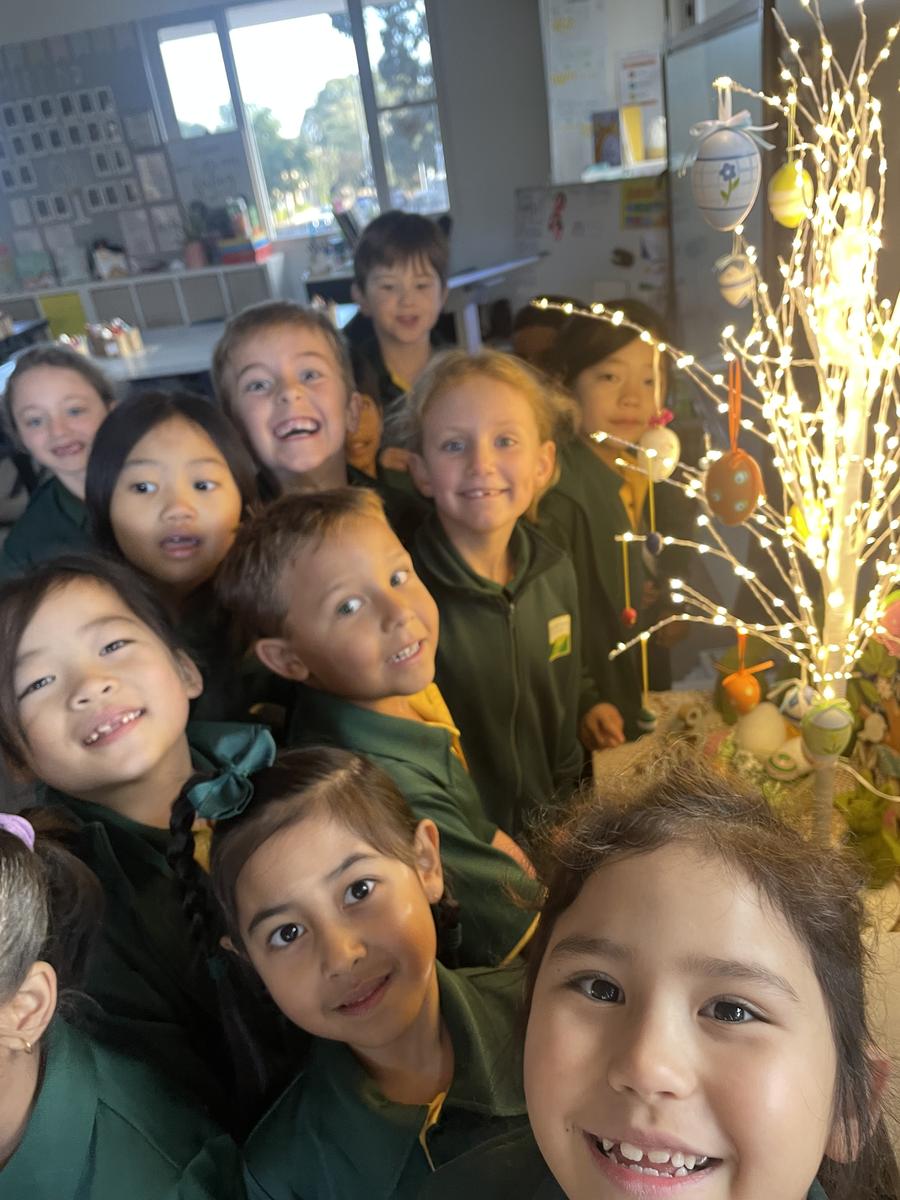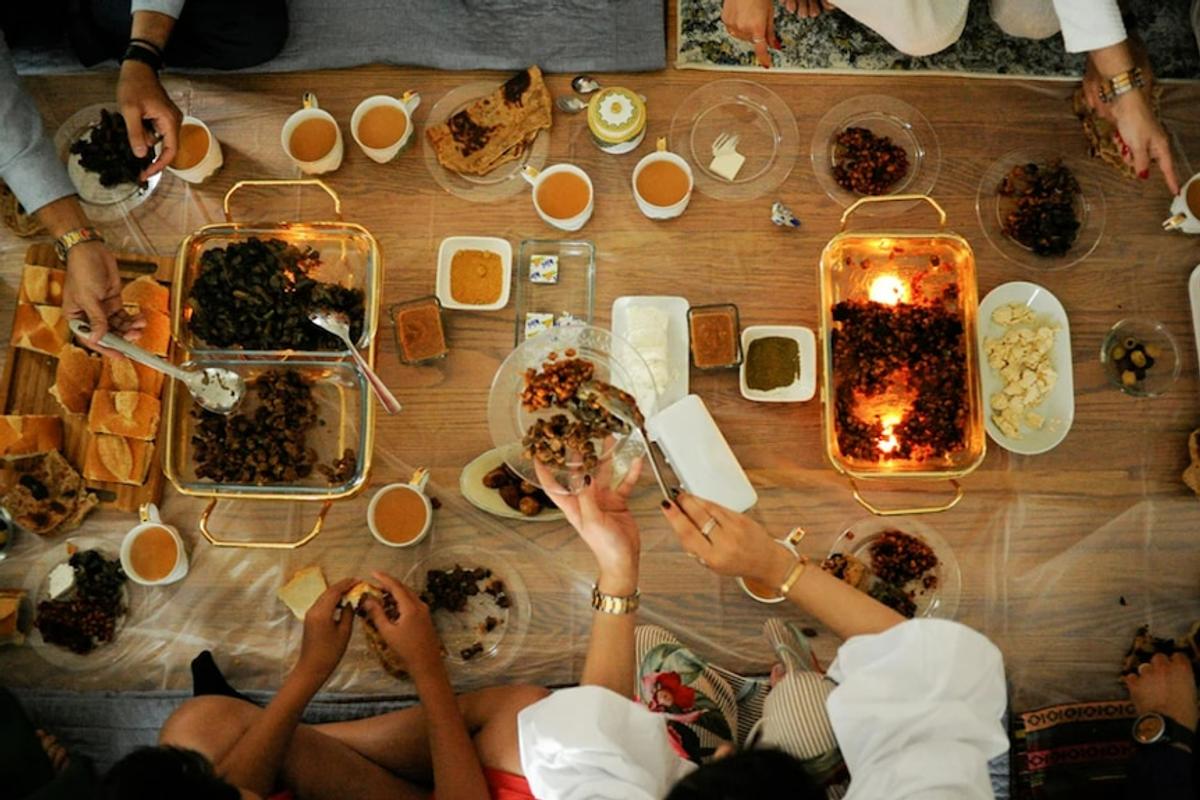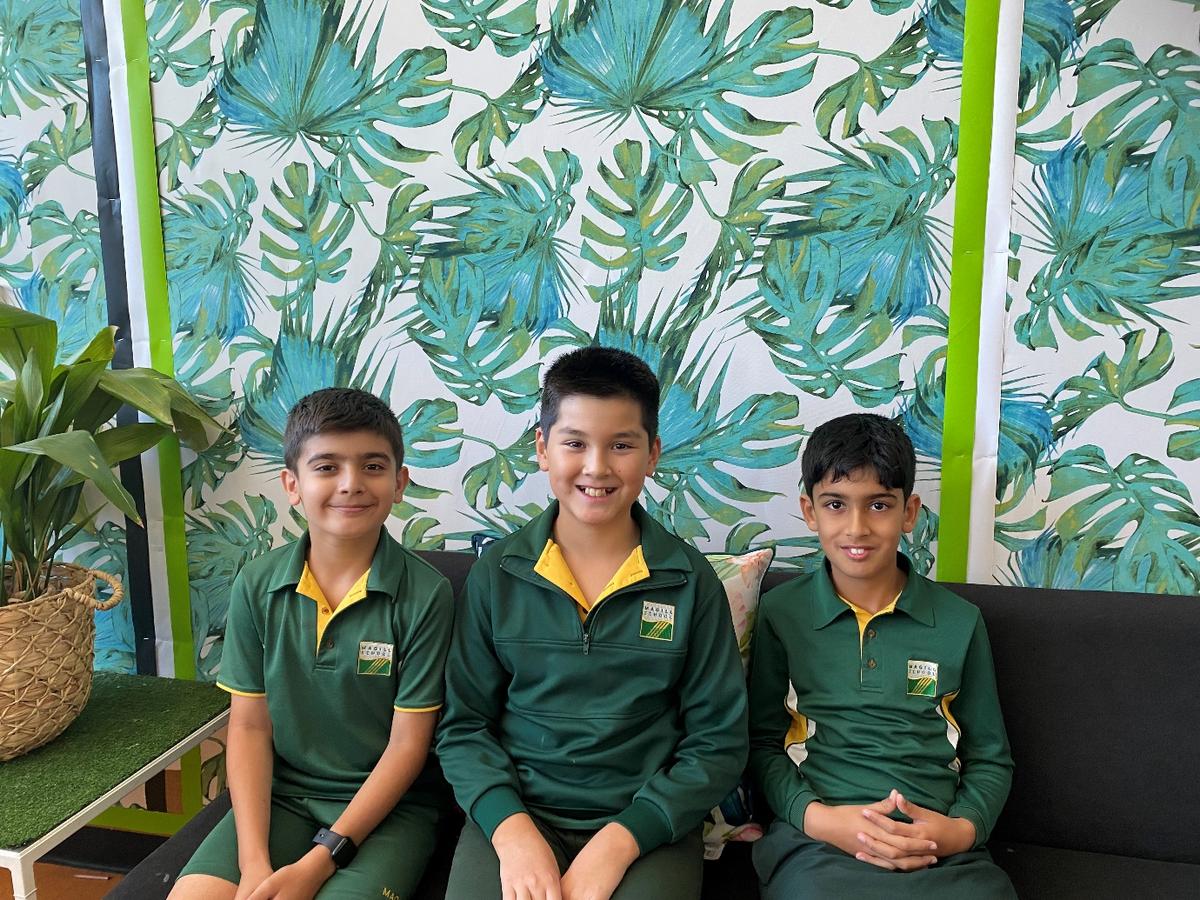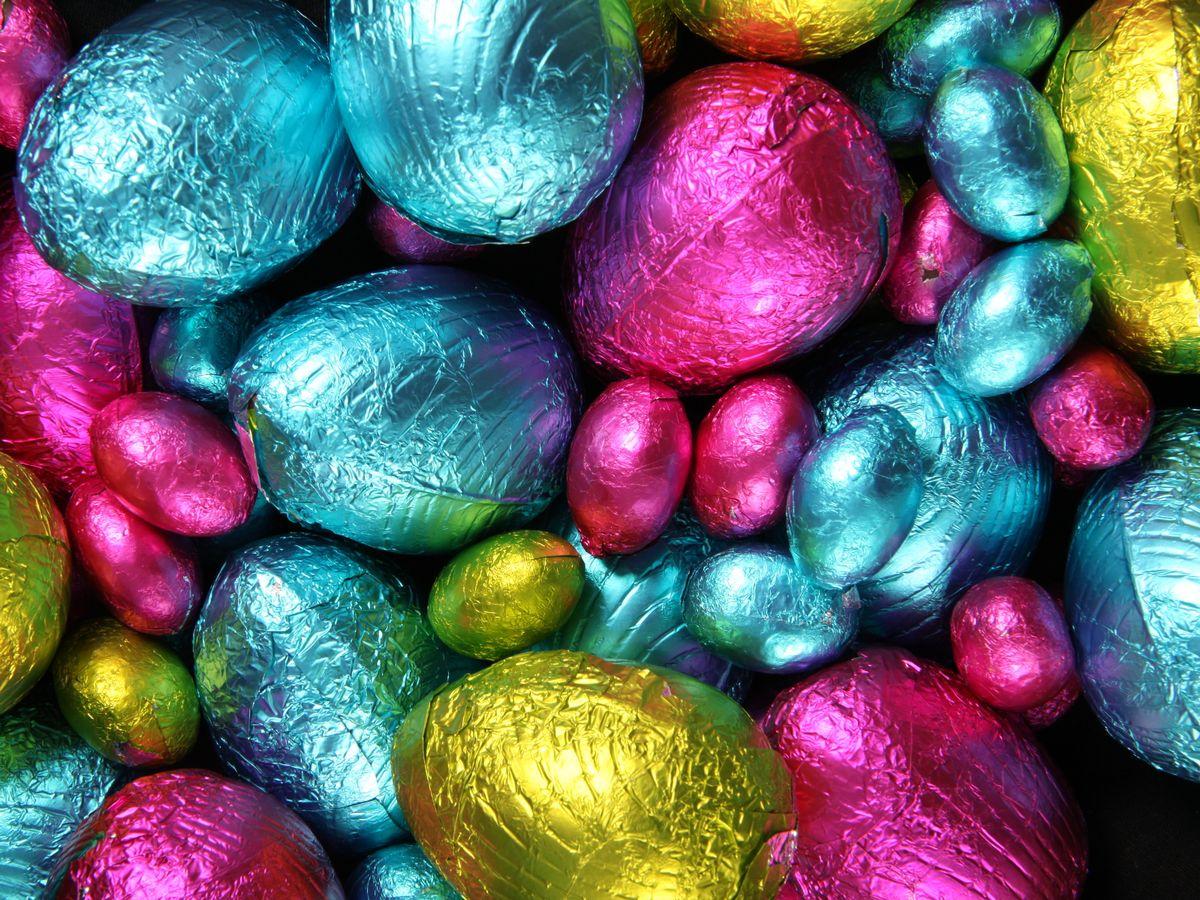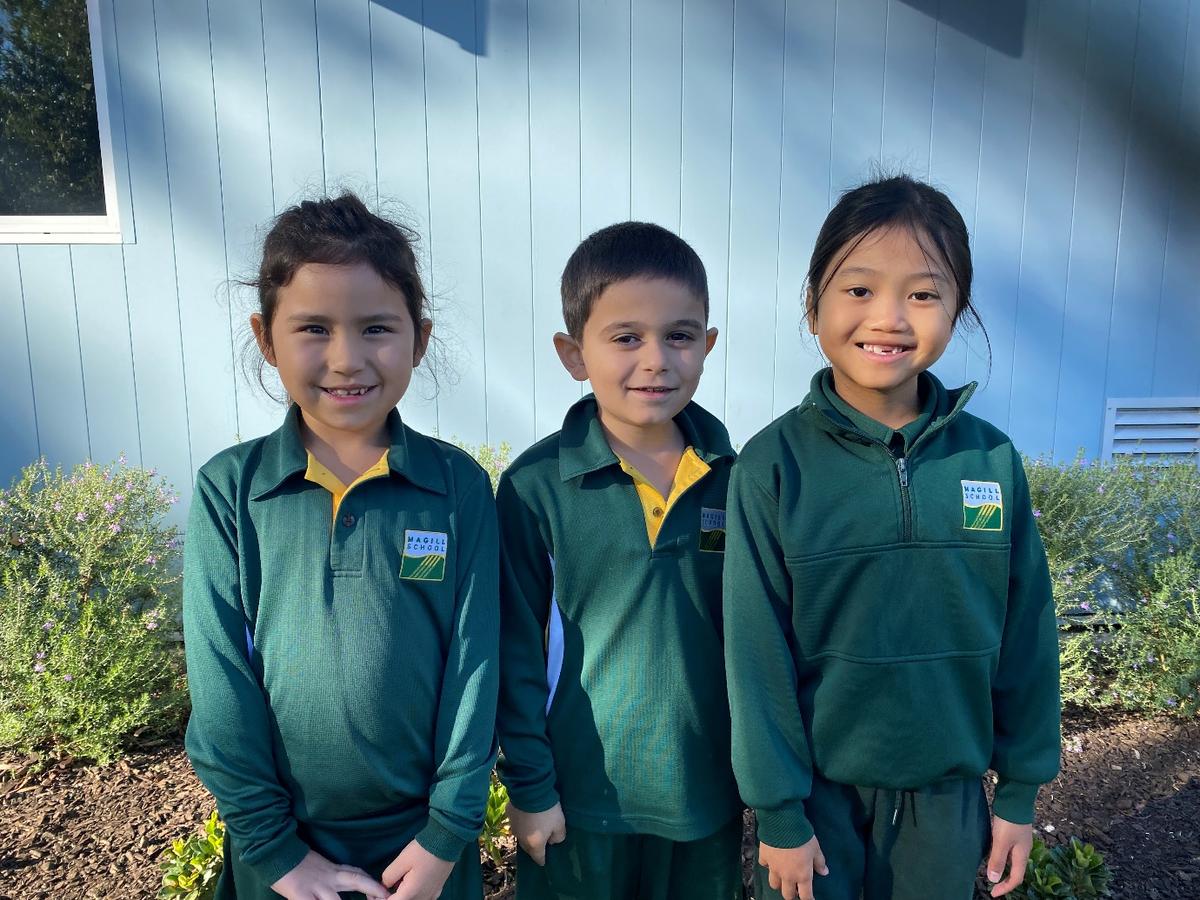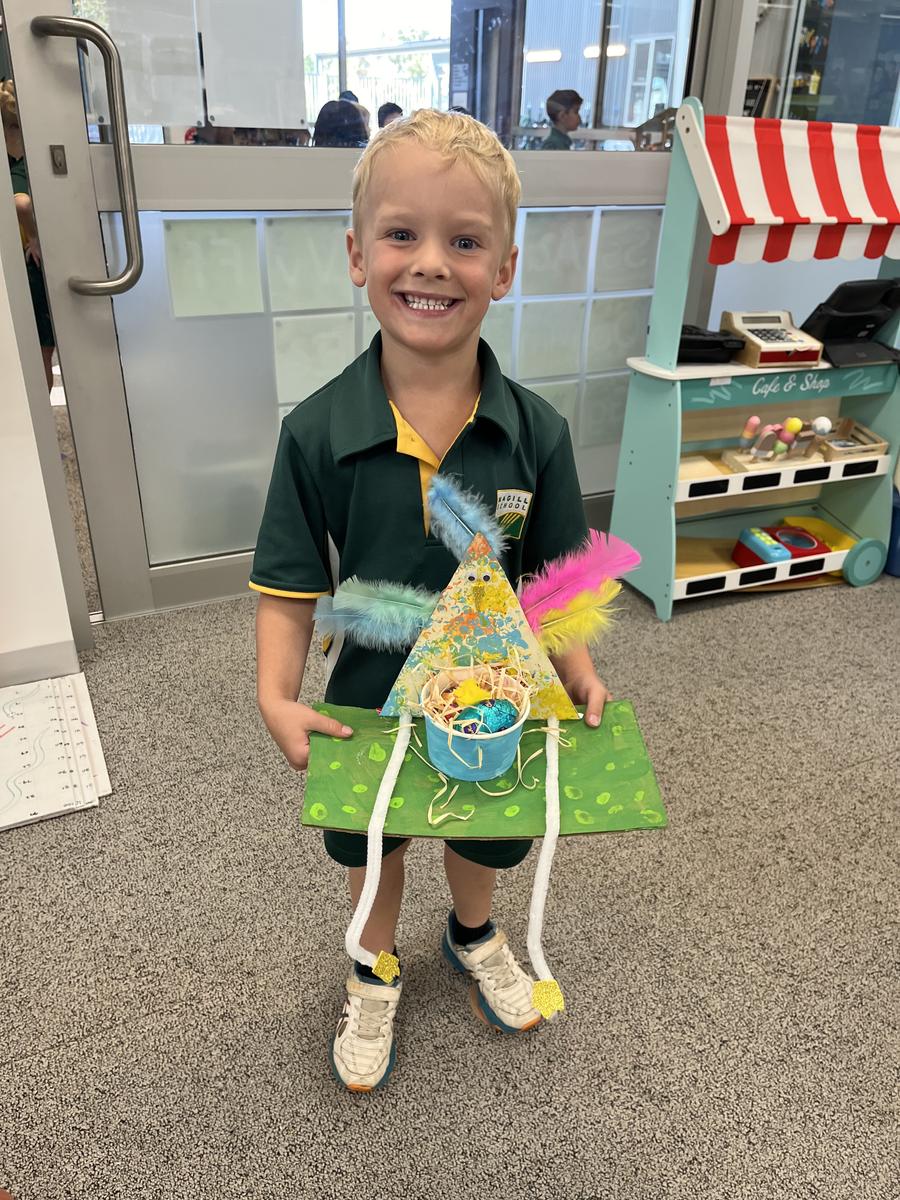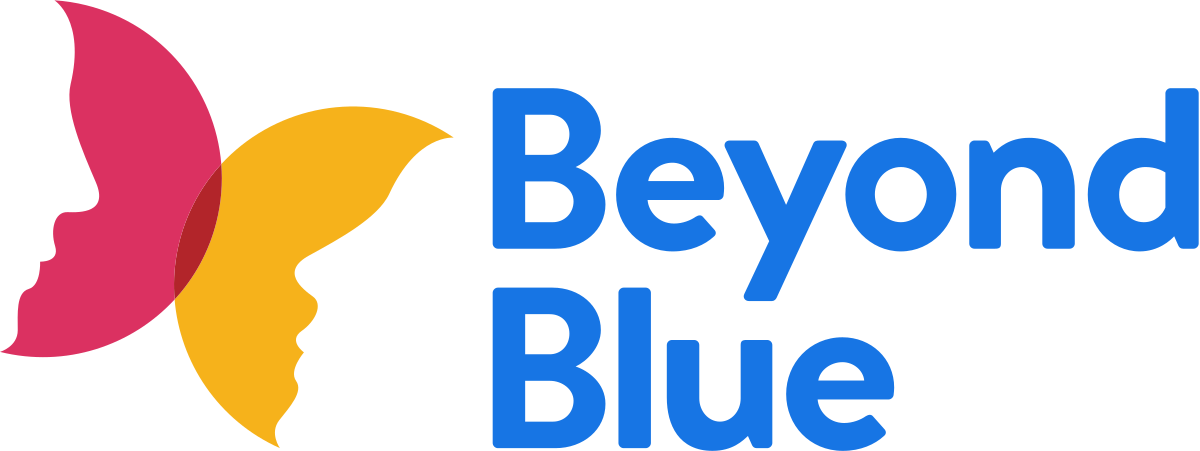Being Well at Magill
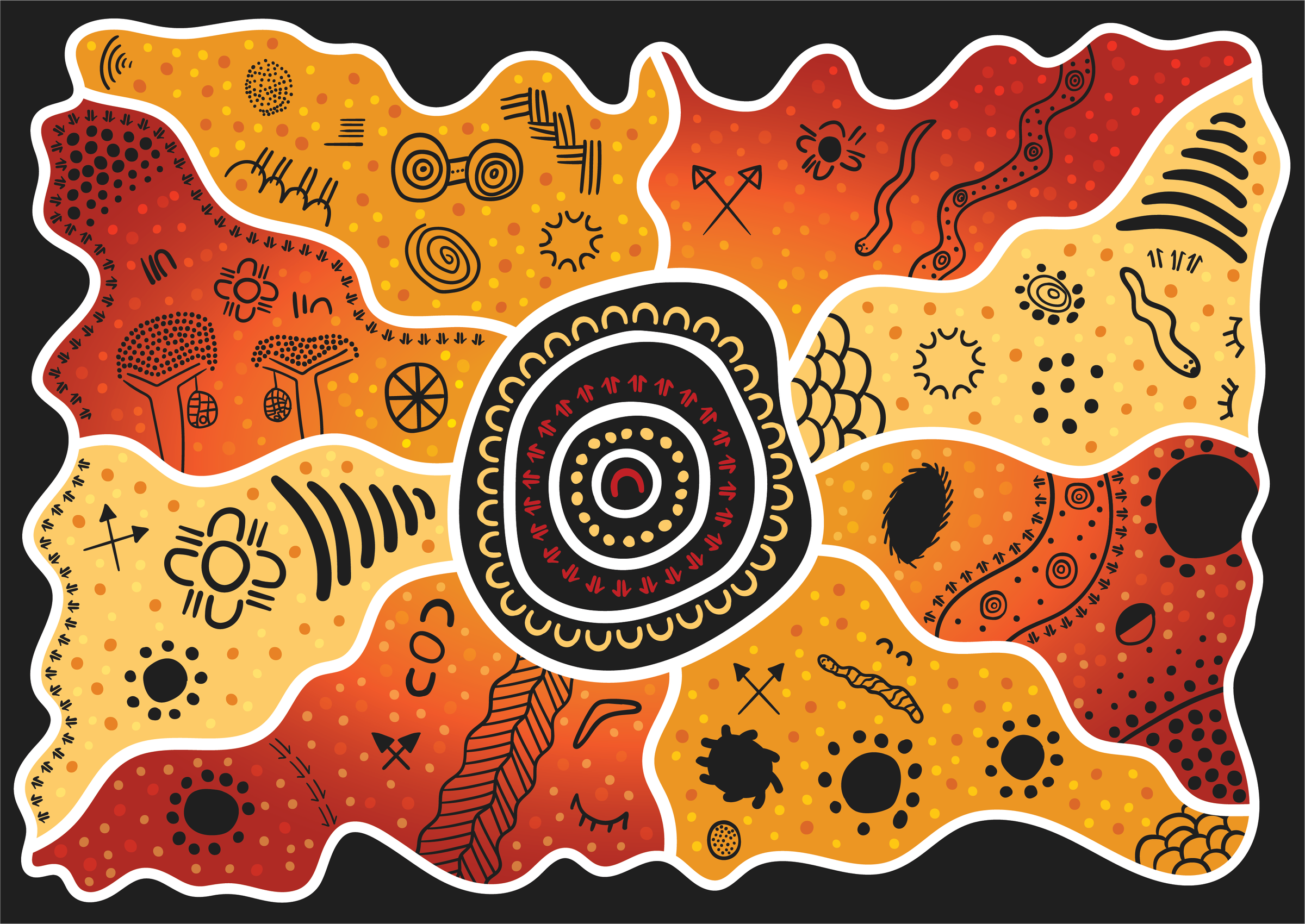
End of Term Celebrations
The diversity of our school means we have many significant events for members of our community during the school year. Over the last few weeks, many families at Magill have been observing Ramadan and more recently, everyone enjoyed the long weekend for Easter. After chatting to children about what they get up to with their families during these special calendar events, what shines through is the importance of coming together with family and friends to spend time together, and sharing food and gifts.
Ramadan
Ramadan is the most sacred month of the year for Muslims. It remembers the month the Qur'an was first revealed to the Prophet Mohammed. During its 29 to 30 days, Muslims abstain from food and drink every day from dawn to sunset — yes, even water. When the sun sets, there is a communal meal called Iftar, where you break your fast, usually with your family or friends. Traditionally, Muslims break their fast by eating dates to emulate how the Prophet Mohammed broke his fast. But the month of Ramadan is about more than just fasting. You are also encouraged to do good deeds, such as charity, and abstain from sinful acts, such as gossip. It's also a month of self-reflection and a way for Muslims to develop positive habits that can be brought forward once Ramadan is over.
A three-day festival marks the end of Ramadan. It's called Eid al-Fitr, also known as the Festival of Breaking the Fast. Over that period, Muslims have family, friends, and neighbours over, indulging them in a feast and eating traditional foods only made during this time. Muslims also decorate their homes and wear new clothes, and children and the elderly receive gifts or money packets.
Year five students, Noah, Mohammad and Abbas each observe Ramadan. The boys were excited to share aspects of their culture with me. I learned that full fasting as described above does not happen until a boy turns 14, however, each of the boys fast to some degree.
Abbas: “I don’t have to fast because I am 10, however I fast sometimes. At the end of Ramadan (Eid), we decorate our house with lighting, have fun at picnics and we give money and gifts to friends and family.”
Noah: “I do partial fasting and on the weekend we break our fast as a family and say prayers. At Eid, we decorate our house with flags (bunting) that say Eid Mubarak (which means blessed feast or festival).”
Mohammad: “For Eid, we decorate all over our house with apples, candles and money. During Ramadan, I sometimes fast.”
Year four students Safaa, Huzaifah, Saudh, and Junaynah shared their Ramadan stories. Being younger, most fast on weekends and public holidays. The children told me Ramadan is a time to think about others who are not as fortunate, and to be grateful for what you have. The breaking of their fast is called Iftar, prayers are said and dates eaten.
Safaa and Huzaifah shared their Eid stories. Safaa’s family get together with friends and family in function halls. Here, they dance, sing, wear nice clothes and eat special celebratory food.
Easter
Easter, unlike Christmas, does not occur on the same calendar date each year. Its date varies due to its connection with the movement of the Earth and Moon, as well as its multi-day nature tied to specific days of the week. In Australia, Christmas is celebrated on December 25th, always resulting in a public holiday regardless of the day of the week. However, Easter comprises multiple days such as Good Friday and Easter Sunday, making it unable to be fixed to a specific date each year. For instance, this year, Easter Sunday fell on March 31st, whereas last year it occurred on April 9th. In 2022, Easter Sunday was on April 17th, and in 2021, it fell on April 4th.
At Easter, there is a tradition of giving out chocolate eggs. While it has religious roots, some people who don't observe the Christian faith also partake in it as more of a cultural custom. Typically, Easter eggs are given out on Easter Sunday. Because of the public holidays, the entire Easter long weekend is often treated as a time for families and friends to get together. Traditions vary from religion to religion, and customs can differ from family to family. But, generally speaking, Good Friday has a more sombre tone. Sunday is typically the key day for fun and festivities, with the day having a more celebratory, joyful tone.
Year one students Vasili, Pich and Celeste talked to me about their Easter celebrations.
Vasili: “We have eggs, they are rainbow coloured and have notes written on them. We get together with our Yiayia (grandmother) and cousins and have a sleepover. We eat fish and lamb and salad. We haven’t had our Easter yet. We celebrate Greek Easter.”
Pich: “We hunt for eggs and visit friends and have salad.”
Celeste: “We hunt for eggs and have a family lunch at my auntie’s house.”
Whoever you are spending it with, whatever events you have planned, enjoy a fabulous holiday and we will see you next term.
Erica Teumohenga
Assistant Principal - Wellbeing
KidsHelpline: 1800 551 800
Beyond Blue: 1300 224 636
Lifeline: 13 11 14


